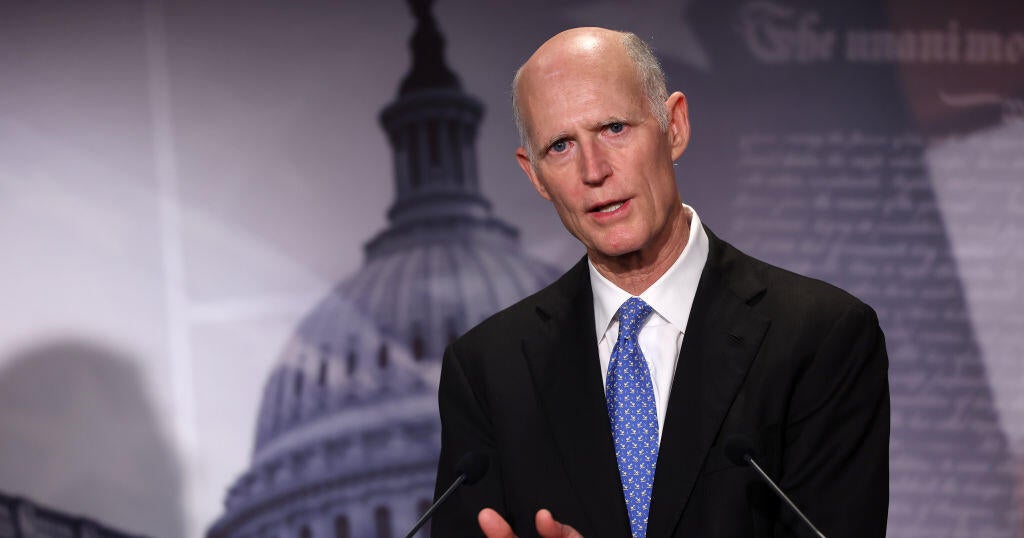Senate parliamentarian says more BCRA provisions would require 60 votes
The Senate parliamentarian determined Tuesday that two more provisions of Senate Republicans' plan to repeal and replace Obamacare violated the "Byrd Rule," which means that it would require 60 votes instead of a simple majority to pass them.
The provisions of the original Better Care Reconciliation Act (BCRA) that violate the rule under the budget reconciliation process were disclosed by Sen. Bernie Sanders, I-Vermont, the ranking member on the Senate Budget Committee.
The provisions that violate the rule and would require 60 votes are:
- Change in Permissible Age Variation in Health Insurance Premium Rates ("Age Tax"): Sanders' office said this section would allow insurers to charge older Americans at least five times more than what they charge younger individuals.
- Small Business Health Plans: Sanders' office said this section would allow small businesses to establish "association health plans" that could be sold across state lines. These plans would be treated as part of the large group market, his office said, and thus would be exempt from many ACA requirements such as covering essential health benefits.
The Senate parliamentarian, by contrast, determined that the flexible Medicaid block grant option for states would not violate the rule and therefore would only require 51 votes.
Waivers for state innovation, also known as Essential Health Benefits, are still under review, according to Sanders' office.
Last Friday, the parliamentarian determined that a number of major provisions of the original BCRA bill would also violate the "Byrd Rule" and require 60 votes.
This comes after the Senate voted to open debate on health care Tuesday afternoon. Lawmakers are prepared to offer a number of amendments to the base measure, which is the House-passed health care bill. Senate Majority Leader Mitch McConnell, R-Kentucky, said he hopes to pass a final health care bill by the end of the week.





